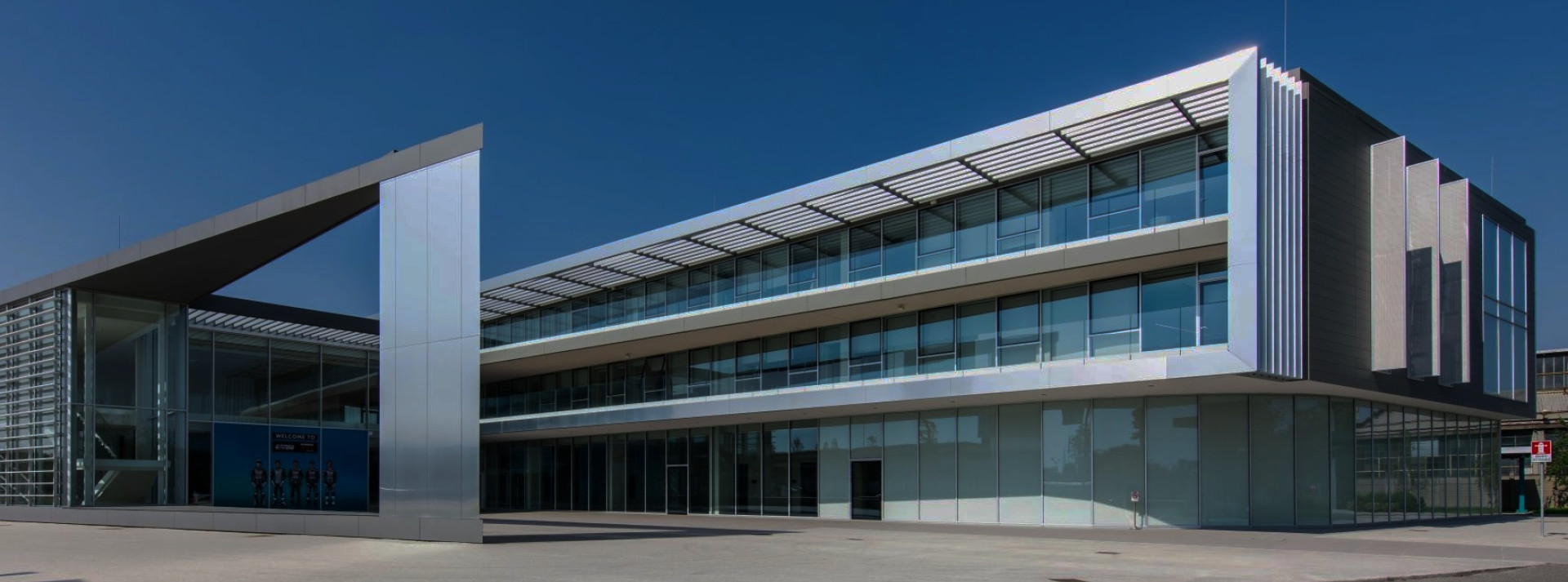The past few years have had an unprecedented impact on customer needs, habits, and expectations. From fluctuating unemployment rates to global socio-political movements, the pandemic forced organisations and consumers alike to re-evaluate their financial and ethical priorities at every turn. In line with these shifts, the World Economic Forum’s Global Future Council on Infrastructure reframed their core pillars to better reflect these attitudes alongside the all-encompassing nature of sustainability (GFC-6 June 2020).
Undoubtedly, having a centralised vision of what sustainable infrastructure must encompass helps to unify global efforts, and enact long-term change. However, these guidelines can leave some unsure of which issues to confront first, or how to enact change efficiently. This sentiment became more complicated during the pandemic, as key assets ranging from labour shortages to natural resources became more difficult to access and develop consistently, regardless of industry or location.
Today, it’s clear that ethics and sustainability are of greater importance to consumers than ever. Visible changes like sustainable packaging and reducing waste in the manufacturing process are amongst the most important sustainable practices amongst consumers, according to Deloitte’s 2022 Sustainability & Consumer Behaviour report. Further clarity on the environmental sustainability of products and services is also needed, meaning it’s up to individual brands to make their green status well known across practices and products alike.
Optimistically, environmentally sustainable innovation is increasingly gaining momentum across industries. The automotive industry, for example, is taking these consumer needs very seriously, with the electric vehicle boom often considered a tangible proof point of this change. Furthermore, the automotive industry starts to reap the rewards of a circular economy through the creation of new revenue streams, cost reduction, and overall profitability by around 1.5 times across the entire value chain, as explored in the World’ Economic Forum’s report, Driving Ambitions: The Business Case for Circular Economy in the Car Industry. Within the lubricant industry, it’s key we ensure customers have visibility around reliable brands that align with both their ethos and finances, as meeting these demands are crucial to growth and success. Customers’ requirements ultimately impact product development, drive demand, and shape the boundaries of innovation for years to come. Yet, many companies design products from the top down, with customer needs often becoming an afterthought, causing many products to perform poorly - simply because they aren’t being designed with consumer or industry needs in mind.
Customer-centric perspectives drive innovation
It’s undeniable that 2023 brings a fresh set of customer challenges, largely centred around sustainability, ethics and the rising cost of living. We anticipate these needs by operating under the philosophy that customers are essential to providing better industry products and services, as well as helping to push our strategy and business constantly forward.
End consumers rely on partners and distributors to deliver reliable services and effectively communicate the features of the products and services, offering the best customer experience to the end consumer.
It is energizing to see the lubricant industry adapt to change and improve sustainability practices with such efficiency, too. From utilising electricity from renewable energy sources and LED lighting (saving 50-150 tonnes of CO2) to replacing and recycling hardware in production with greener alternatives, companies are seeking out constructive change in every single aspect of the business by applying our three “R’s” policy: Re-use, recover, recycle.
Looking to the future
Customers are seeking out efficient, high-quality solutions that meet their environmental care expectations. Society has become much more cognizant of how industry practices can impact the environment and our livelihood, and they are making ethical choices in support of these considerations.
In the lubricants industry, addressing topics like misinformation can be one of the biggest hurdles for businesses, customers and partners alike. To address this, technology has become an invaluable tool for communication and training, commercially and otherwise. It is up to reputable and qualified brands to provide accessible resources for the entirety of the lubricant industry. Ultimately, for those wanting to gain an edge in the lubricant industry, the first step is to look to your customers, and truly listen – you never know what you might learn.

